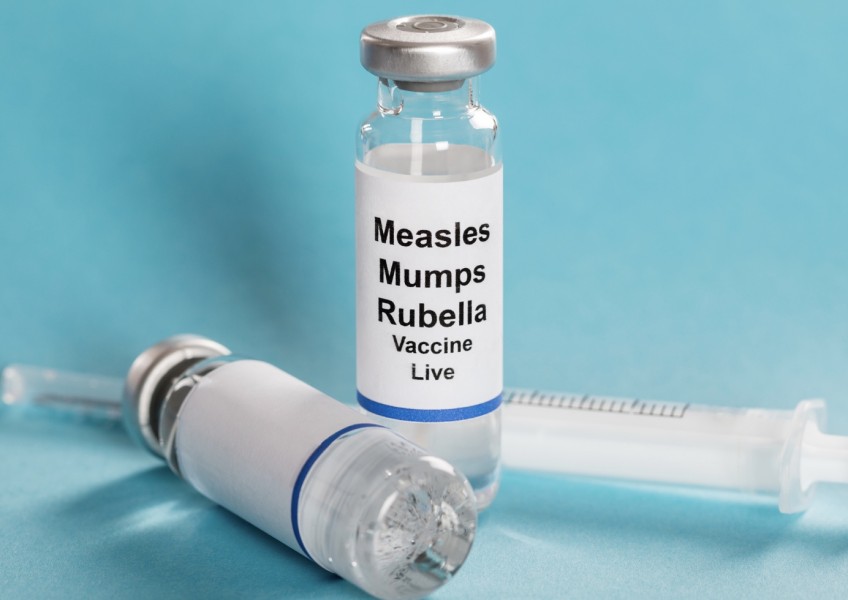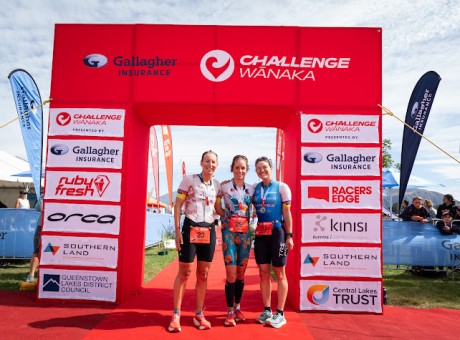Overseas measles case confirmed in Queenstown

From Health NZ.
Health New Zealand has confirmed a new measles case in Queenstown today, likely linked to international travel.
While the latest case in Queenstown has no known links to the Northland measles cases reported last week, cases in both regions share likely links to recent separate overseas travel.
The Queenstown case is currently in isolation, and the National Public Health Service (NPHS) in Southern is still identifying any close contacts and possible exposure locations.
Separately, in total, four measles cases have now been identified in Northland (as reported on Saturday). All of these cases are now out of their infectious period, but people in the community are being urged to continue to monitor themselves for symptoms, such as a fever, cough, runny nose, sore eyes and a rash.
The NPHS is coordinating responses to these events and is working as quickly as possible to reduce the possible spread of measles. We are also urging people to get immunised, especially if planning international trips during this school holiday period.
One new Location of Interest has been published today (related to the Northland cases) at the Kerikeri High School “Monsters” production on 17 September at 7pm. If you were at this event and have not been contacted by public health, please call Healthline on 0800 611 116 urgently. It is also important you stay home until you have received advice as you may be infectious and could be at risk of passing measles on to others within your community.
Anyone who attended this event will need to stay home in quarantine until Wednesday 8 October if they are not considered immune to measles, which will need to be checked by public health.
At any time, if you develop symptoms of measles, contact your healthcare provider or call Healthline on 0800 611 116 for free advice 7 days a week, 24 hours a day.
What to do if you feel unwell
Measles symptoms include:
- an illness that begins with high fever (over 38 C), cough, runny nose, and sore red eyes (conjunctivitis)
- a rash, beginning on the face and gradually spreading down the body to the arms and legs. The rash lasts for up to one week.
If you need to visit a health care facility, call first and tell the healthcare professional that you have been in close contact with a person with measles. This will help them take steps to keep others safe. If you need an in-person appointment, wear a well-fitting mask to protect others.
Protecting the wider community
There remains a possibility of undetected cases of measles in the Bay of Islands community. We are strongly encouraging everyone in the area to watch for symptoms, stay home if unwell, and seek advice from your GP/hauora provider or Healthline on 0800 611 116 if they feel unwell.
We also want to remind everyone about the importance of maintaining privacy. Whānau who are affected are working closely with health staff and sharing valuable information to help protect their community and all of New Zealand. If you know the identity of someone with measles, please do not share it with others or post it on social media.
We are deeply grateful to Bay of Islands whānau who have reached out to our staff with information about measles over the past few days. Your support is helping protect the wider community.
Now is a good time check if you and your whānau are immunised
Getting immunised with two doses of the Measles, Mumps and Rubella (MMR) vaccine (after the age of 12 months) is the best form of protection against measles. The MMR vaccine is free in New Zealand for anyone 18 years or under, and for people who are eligible for free healthcare.
You can book a vaccination appointment with a pharmacy, your doctor, nurse, or hauora provider. Visit info.health.nz/bookavaccine for a list of vaccination sites in your area.
A Kaikohe Plunket immunisation clinic is available tomorrow at 13 Mangakahia Road, Kaikohe 0405, between 10am and 4pm, and on Wednesday at the Kaikohe Warehouse / Woolworths cark park from 9am to 4.30pm.
If you aren’t immunised or aren’t sure, immunisation clinics provide a great chance to kōrero about immunisations and check if your whānau need them. There’s no need to book and you don’t need to be enrolled with Plunket to drop-in.
























